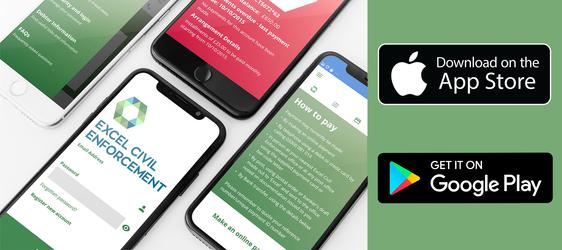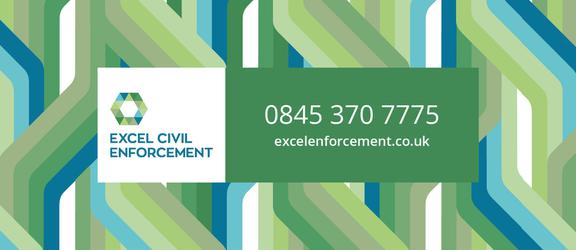How to spot a bailiff scam

Scammers pretending to be enforcement agents, demanding immediate payments, have risen by 12% so far in 2024 alone.
On 5th June 2024, Russell Hamblin-Boone, CEO of CIVEA (the industry association that covers civil enforcement) was invited onto ITV’s This Morning to explain how these scam “bailiffs” work, how you can spot a scam and what to do if you are affected.
You can watch the full interview with Russell Hamblin-Boone on the ITV website. Please note that this is an external website and we have no control over how long this page is available.
What to look out for
Bailiffs - enforcement agents (EA) are no longer called bailiffs, so if this term is used in a call or correspondence, you should be alert to a possible scam, even more so if the word “bailiff” is used in the company name.
Pressure to pay – scammers will put you under a great deal of pressure to pay, playing on fear and pushing you to pay without checking. If you have a genuine debt owing, you will receive several communications leading up to an enforcement visit – if the first ever contact is a demand for payment “otherwise we’ll come to your home and remove goods”, that is a possible scam.
Asking for bank details – Excel will never phone you to ask for you bank details (except when setting up an arrangement by direct debit) or ask you to make a bank transfer using your sort code and account number.
Refusal to give details – in the ITV interview, Paul explains how the company that tried to scam him refused to give him any details of the debt before he makes payment. Fortunately, this made him very suspicious. A genuine EA will give you all the details, tell you what the debt is for, who the creditor is and will happily give you time to make checks.
ID and body worn video – a genuine EA will have both these. Whilst a scammer might fake an ID, they are unlikely to go to the expense of body worn video devices.
Identifying vulnerability – this is something that a genuine EA is trained to do. If they believe there are signs of vulnerability, they will tell their office and provide signposting to support.
How to check
Call the company the person claims to work for or contact the Civil Enforcement Association (CIVEA) for more information.
If you believe you have been a victim of this scam you should report the matter to Action Fraud online or call 0300 123 2040.



